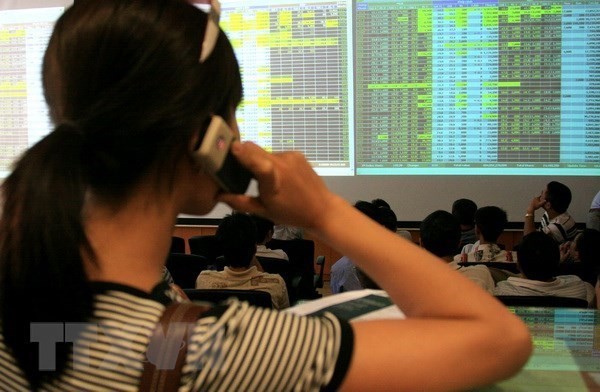
In August, net selling by foreign investors exceeded a combined 1.4 trillion VND (nearly 59.7 million USD) on the Ho Chi Minh Stock Exchange and the Hanoi Stock Exchange, a sharp drop from the 2.4 trillion VND (102.3 million USD) in July.
This helped ease selling pressure and create conditions for the benchmark VN-Index on the HCM Stock Exchange to regain 3.5 percent last month.
Experts said money flow did not grow strongly but was mainly circulated among groups of stocks. Therefore, it will be difficult for the market to move further without a sudden change in money flow.
Although there haven’t been any signs the selling trend among foreign investors will halt, many large-cap stocks recorded net buying instead of net selling in August, especially consumer goods stocks like MSN (286 billion VND), VJC (237 billion VND) and HPG (206 billion VND).
Lapointe said the stock market will have to rely on foreign investors, though they are still prudent as inconsistent moves by US President Donald Trump have triggered worries about global economic instability.
Some experts forecast the VN-Index will stand at about 960 – 1,040 points in September as the US Federal Reserve is likely to raise interest rates this month.
Middle- and small-cap stocks will bring more opportunities for investors compared to large-cap ones, they noted.
Regarding government bonds, the Rong Viet Securities Corporation said in a recent report that the issuance of G-bonds seems to have encountered obstacles, and it will be hard to reach this year’s issuance target of 200 trillion VND (8.5 billion USD).
By the end of August, 106 trillion VND (4.5 billion USD) worth of G-bonds had been successfully issued, representing 53 percent of the target. G-bonds with 10- and 15-year terms were more attractive to investors thanks to relatively high dividends, while the issuance of other bonds with longer terms was not so positive.
This fact is contrary to what happened in 2017, when sales of G-bonds with 20- and 30-year terms surpassed targets, the report said.
























